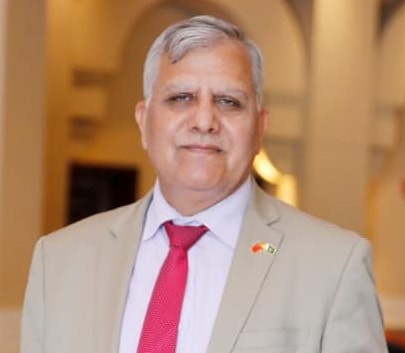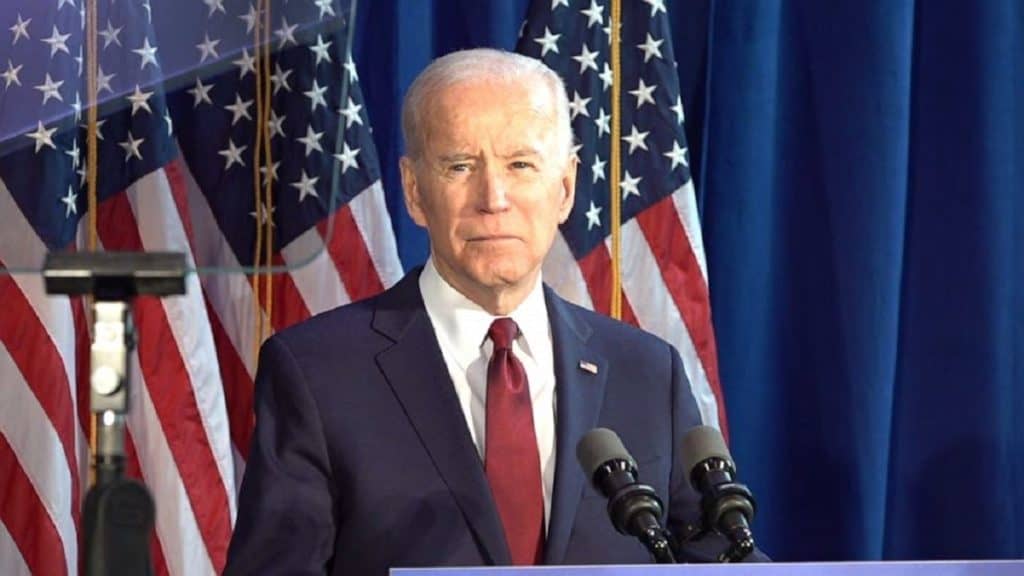By Prof. Engr. Zamir Ahmed Awan
Iran is one of the oldest civilizations and has been passing many ups and downs throughout history. The history of good relations between the U.S. and Iran goes back to the 1720s, especially during Mahmud Hotak’s 1722 revolt against the Persian throne.

Relations among the two nations began in the mid-to-late 19th century when Iran was known to the west as Persia. Initially, while Persia was very suspicious of British and Russian colonial interests during the Great Game, the United States was seen as a more reliable foreign power. During World War II, Persia was attacked by the United Kingdom and the Soviet Union, both U.S. allies, but relations continued to be optimistic after the war until the later years of Mohammad Mosaddegh. He was overthrown by a coup organized by the Central Intelligence Agency and aided by MI6. An era of very close alliance followed it and friendship between Shah Mohammad Reza Pahlavi’s regime and the U.S. government. Persia being one of the U.S.’s closest allies was followed by a dramatic setback and disagreement between the two countries after the 1979 Iranian Revolution.
Since April 1980, Iran and the United States have had no formal diplomatic relations. Pakistan protects Iran’s interests in the United States, while Switzerland serves as the United States’ representative in Iran. In August 2018, Supreme Leader of Iran Ali Khamenei banned direct talks with the United States.
After having very tense relations for three and half decades, the U.S. and Iran once again came closer under a nuclear deal known as The Joint Comprehensive Plan of Action (JCPOA, is an agreement on the Iranian nuclear program got in Vienna on July 14, 2015, among Iran and the P5+1 (the five permanent members of the United Nations Security Council—China, France, Russia, United Kingdom, United States—plus Germany) together with the European Union.
Things were moving satisfactorily, and all concerned nations were quite happy with the deal. Iran was following the terms and conditions of the agreement in true spirit. There was no violation from either side. The International Atomic Energy Agency (IAEA) was closely monitoring Iranian nuclear facilities regularly, and there was no report of any deviation from Iran’s agreements.
However, in 2018, President Donald Trump scrapped the deal and withdrawn unilaterally. It was a personal decision of President Trump. Even the Senate and Congress were not happy to withdraw from its international commitment. But, President possesses veto power and can over-rule, and he exercised his discrete powers to withdraw from JCPOA. Then the tension between Iran and the U.S. enhanced once again. The assassination of General Qasmi was a big event, where Iran has retaliated appropriately. The Assassination of a top Iranian Nuclear Scientist is also a mega event, and Iran may react at a time and manner of its own choice.
However, it is expected that the US-Iran tension might reduce under Joe Biden Administration.
President-Elect Biden said he is committed to returning to and expanding the 2015 deal, as Trump reportedly tries to cripple those chances. He considers that the Iran nuclear deal is the best way to avoid the Middle East arms race
In a New York Times interview, Biden reiterated that the U.S. would return the agreement, known formally as the Joint Comprehensive Plan of Action (JCPOA) if Iran returns to “strict compliance.” Under the accord, Iran had agreed to restrict its nuclear development in give-and-take for sanctions relief.
Biden said the restoration of the agreement, which would include removing the sanctions enforced by the administration of President Donald Trump, would assist as a “starting point to follow-on negotiations.” Trump one-sidedly withdrew from the deal in 2018 and has since imposed a
Tehran has already conveyed a willingness to reoccurrence to the agreement, with Iranian Foreign Minister Mohammad Javad Zarif, in an interview published on November 18, saying the country would return to “full commitments accord” if Biden lifts sanctions.
It seems, after the President Trump era, his Iran-enmity will go along with him, and chances of peace and stability will prevail in the region. At least, we are optimistic about the peace and stability of the whole area. Let’s pray for the best, where every humankind lives in peace and tranquility.
Author: Prof. Engr. Zamir Ahmed Awan, Sinologist (ex-Diplomat), Editor, Analyst, Non-Resident Fellow of CCG (Center for China and Globalization), National University of Sciences and Technology (NUST), Islamabad, Pakistan.
(The views expressed in this article belong only to the author and do not necessarily reflect the editorial policy or views of World Geostrategic Insights).







